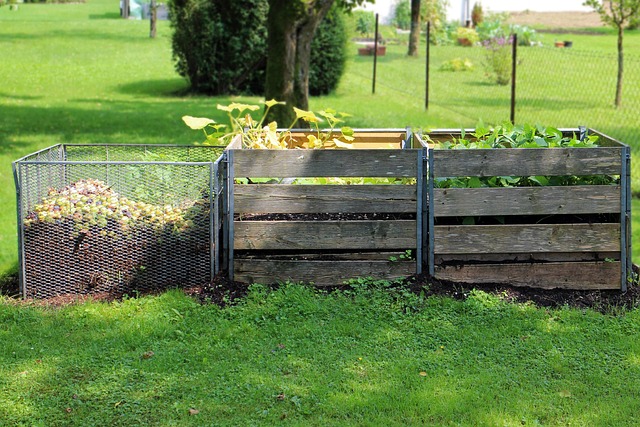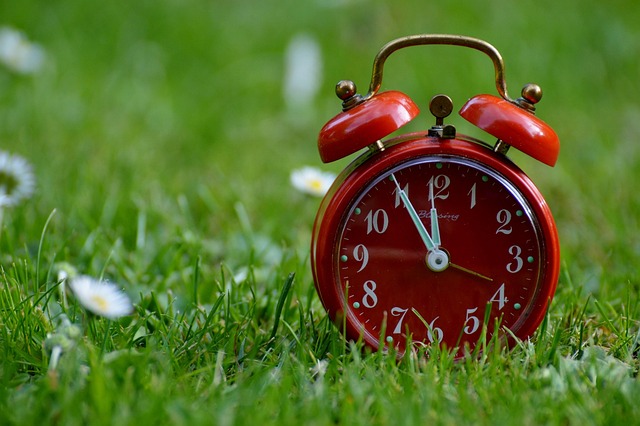The Eco-Friendly Wonder of Flower Compost
As spring blossoms and our gardens emerge from winter slumber, the allure of vibrant flowers dancing in the breeze ignites our passion for gardening. Yet, to truly cultivate a flourishing garden, it is essential to focus on what nurtures our plants the best. Enter flower compost—an eco-friendly powerhouse that can transform your gardening experience and benefit the environment.
When we think of a garden, many of us envision a sanctuary teeming with colors and fragrances. However, the foundation of a thriving flower garden lies beneath the surface. Flower compost is a rich mix of organic matter that directly contributes to healthier soil, enhancing the growth of breathtaking blooms while supporting a robust ecosystem.
Creating flower compost at home is not only an excellent way to recycle organic materials, but it also cuts down on landfill waste, reducing your carbon footprint. Items such as dead flower heads, garden clippings, and kitchen scraps can be transformed into nutrient-dense compost that feeds your garden. This natural practice fosters a connection with nature, reminding us of the cycles of life as we see our waste reemerge as beautiful blooms.
Using flower compost enriches the soil with essential nutrients that support vigorous plant growth. Rich in nitrogen, phosphorus, and potassium, compost provides a slow-release source of food for your plants, ensuring that they thrive throughout the growing season. Moreover, it improves soil structure, aeration, and moisture retention, creating a welcoming environment for beneficial microorganisms that help plants absorb nutrients.
Another significant advantage of embracing flower compost is its ability to create biodiverse habitats. A garden that boasts various flowers attracts pollinators like bees and butterflies, vital for maintaining healthy ecosystems. By composting, you actively contribute to nurturing these creatures, supporting their survival and encouraging them to visit your garden.
As eco-conscious gardeners, we must also consider the impact of chemical fertilizers on our planet. The residue from these substances can leach into our water systems, harming aquatic life and contributing to pollution. In contrast, flower compost is a pure, natural alternative that provides a sustainable solution for feeding our plants without contributing to these environmental issues.
In a world increasingly consumed by fast-paced living and synthetic solutions, indulging in the simple act of flower composting nurtures not only our gardens but also our spirits. Witnessing the transformation of waste into a life-giving resource fosters a sense of accomplishment and encourages mindfulness. Gardening becomes a celebration of the connections we have with nature and the responsibility we hold as caretakers of the earth.
So as you prepare to sow seeds and watch the flowers bloom, consider integrating flower compost into your gardening routine. Not only will you cultivate a more vibrant and lush environment, but you will also leave a positive impact on our precious planet, promoting a greener, healthier future for generations to come.




